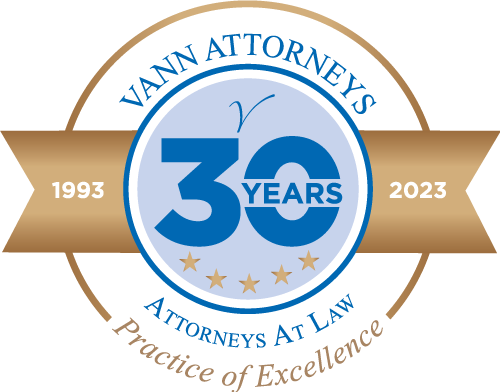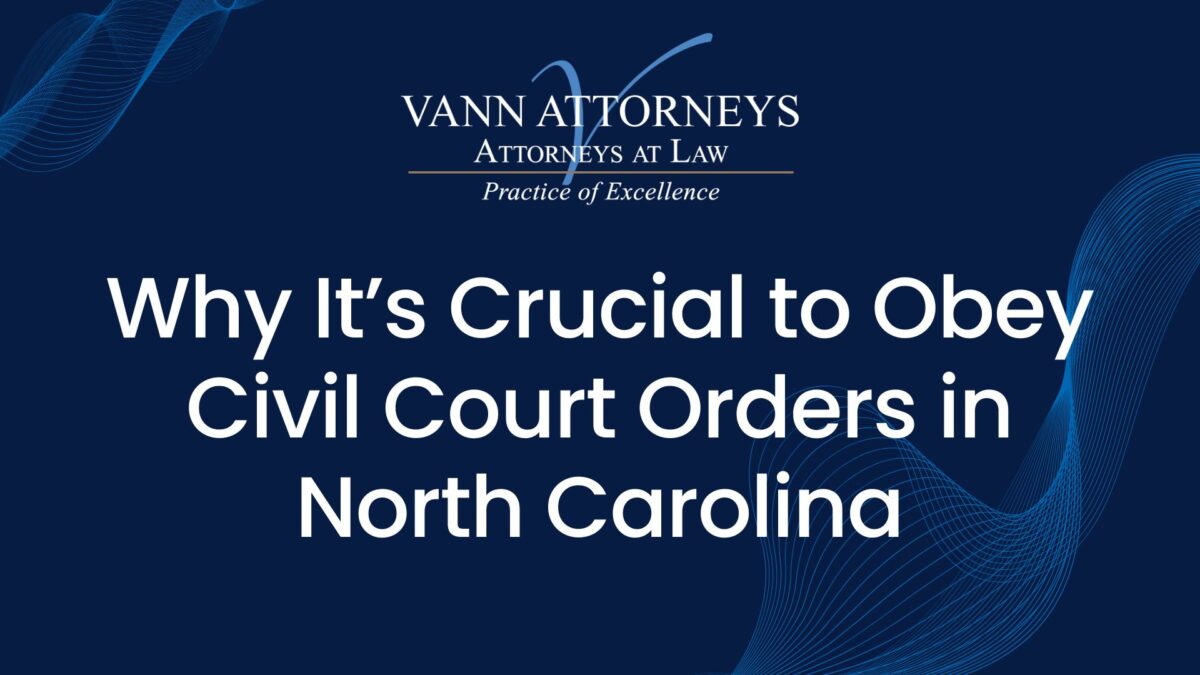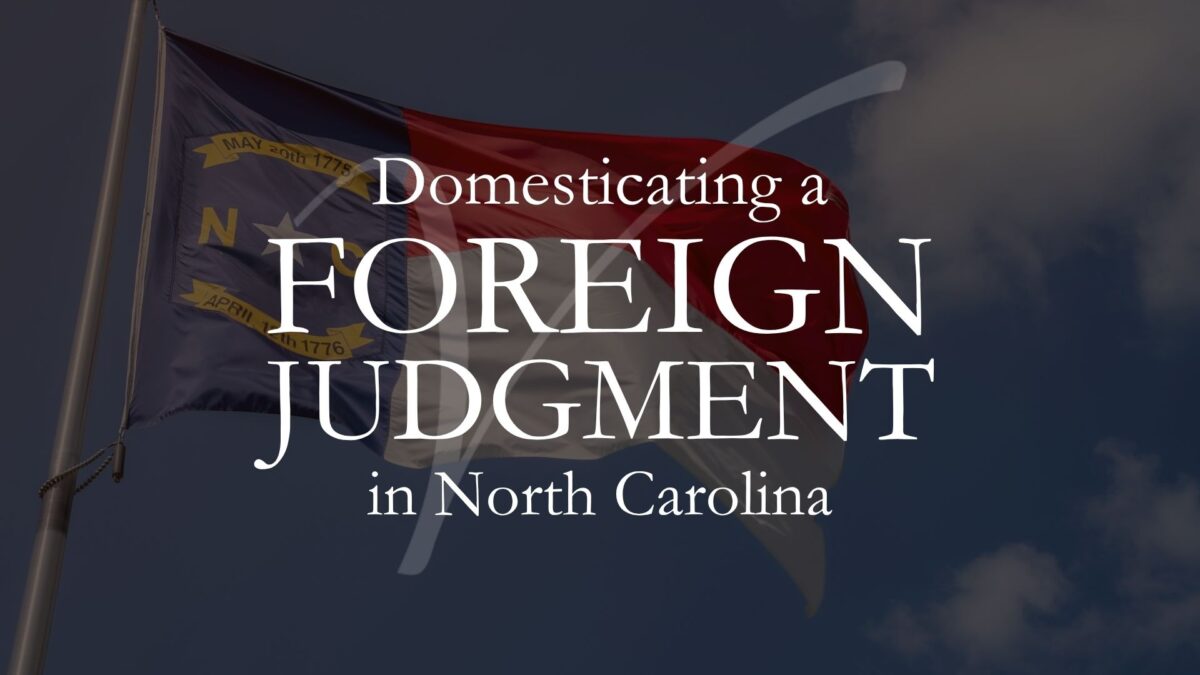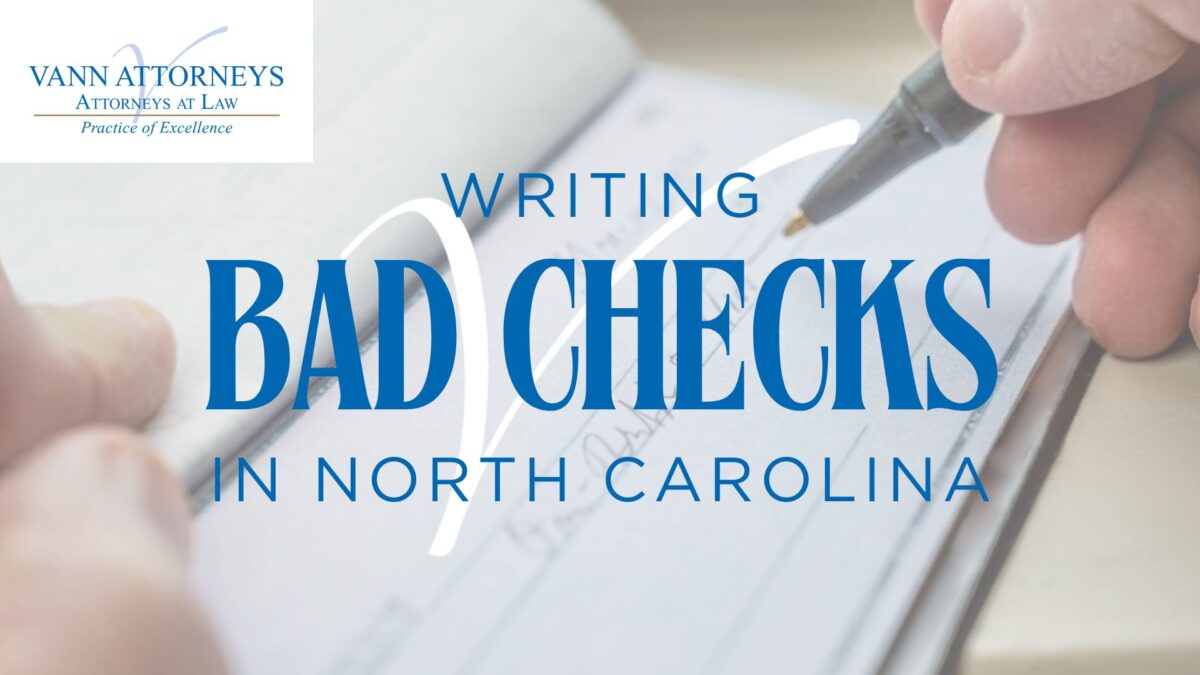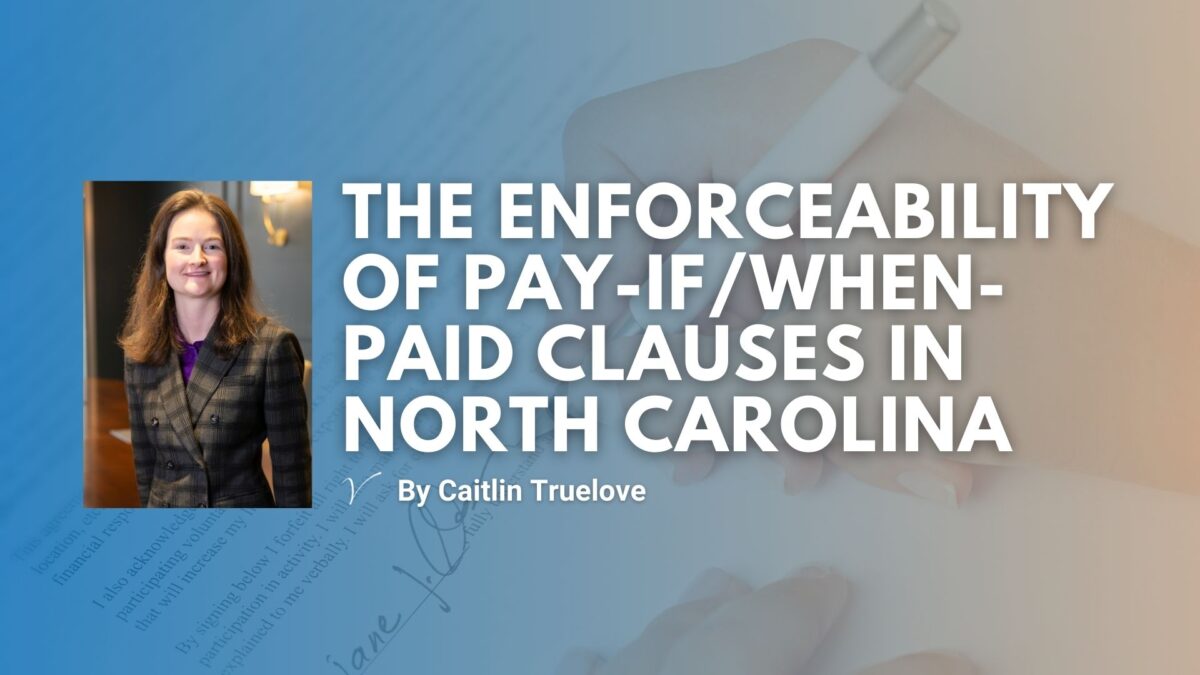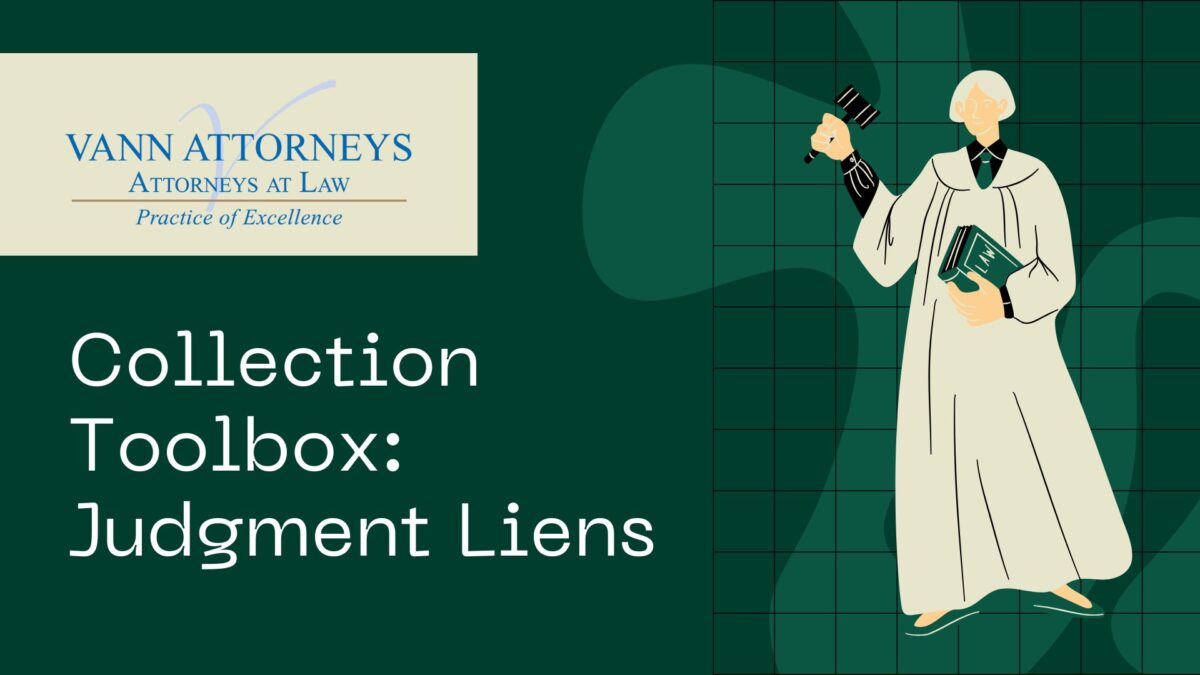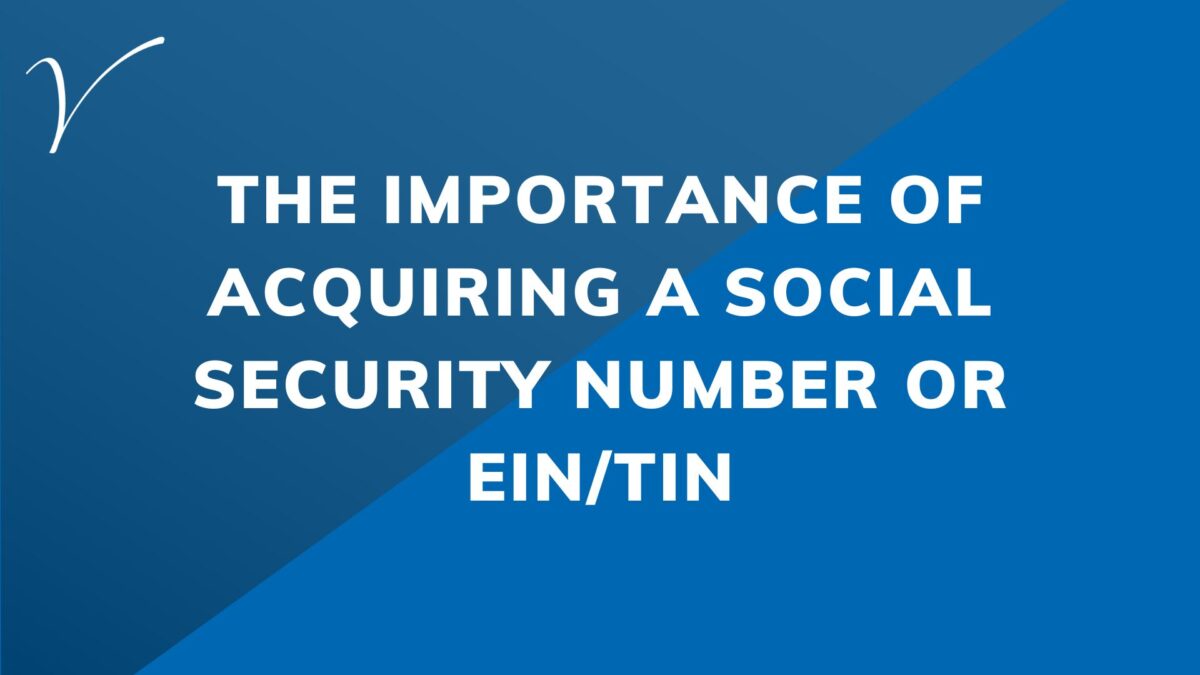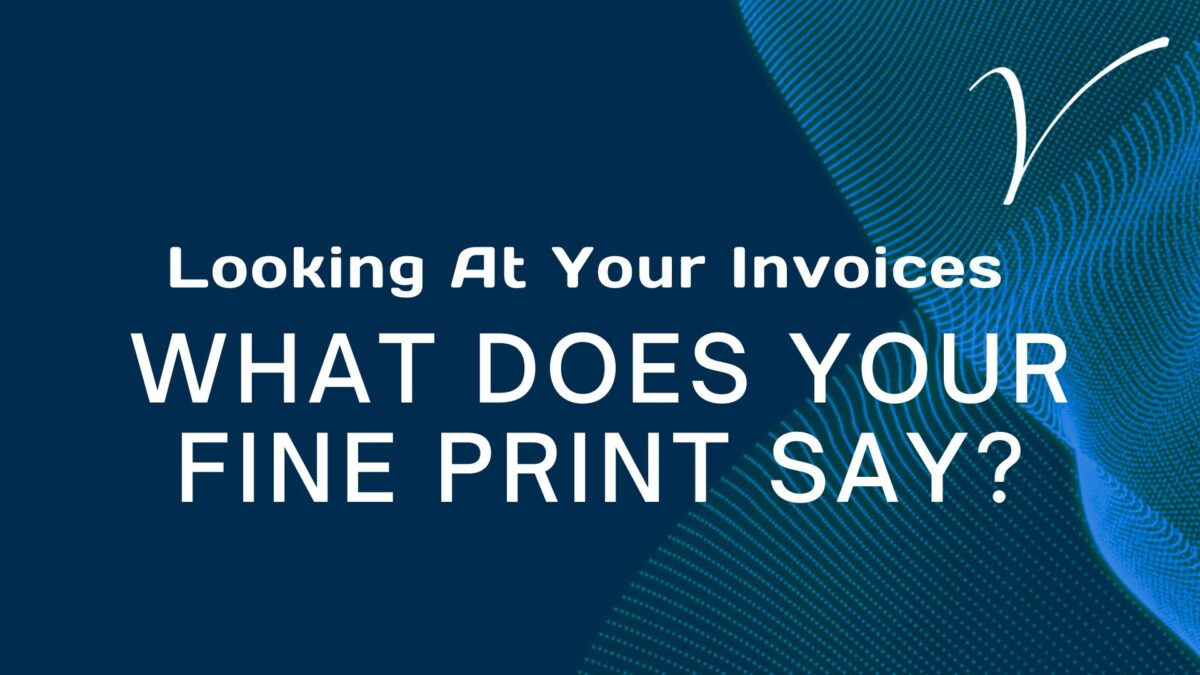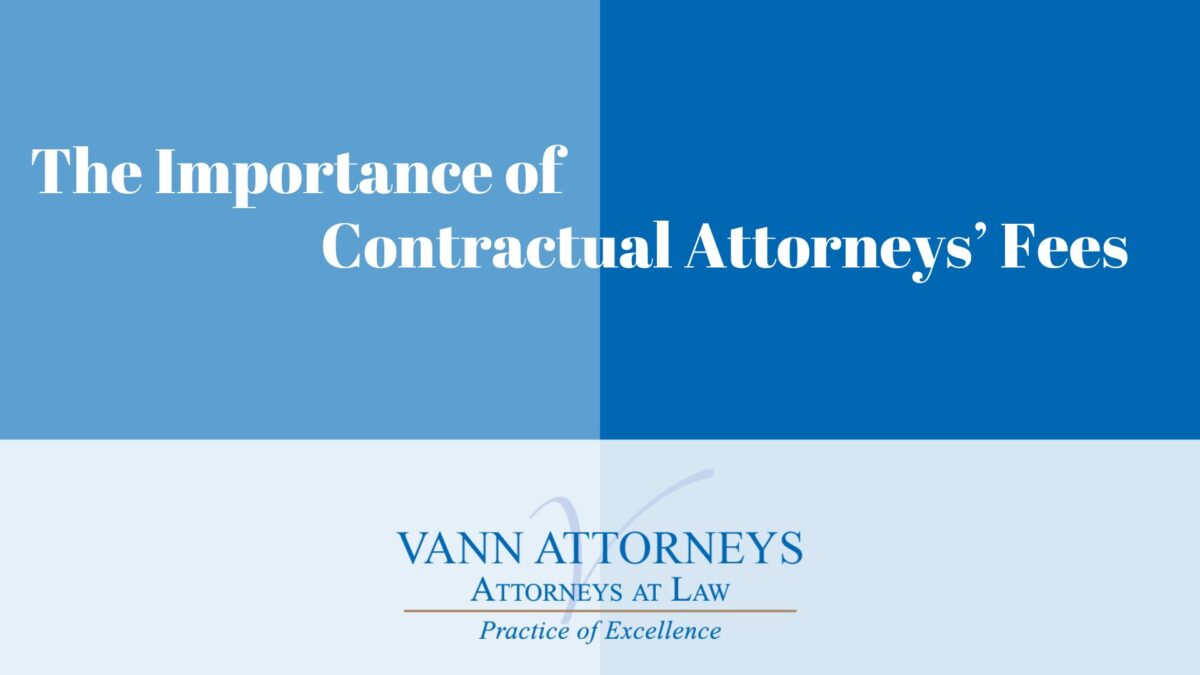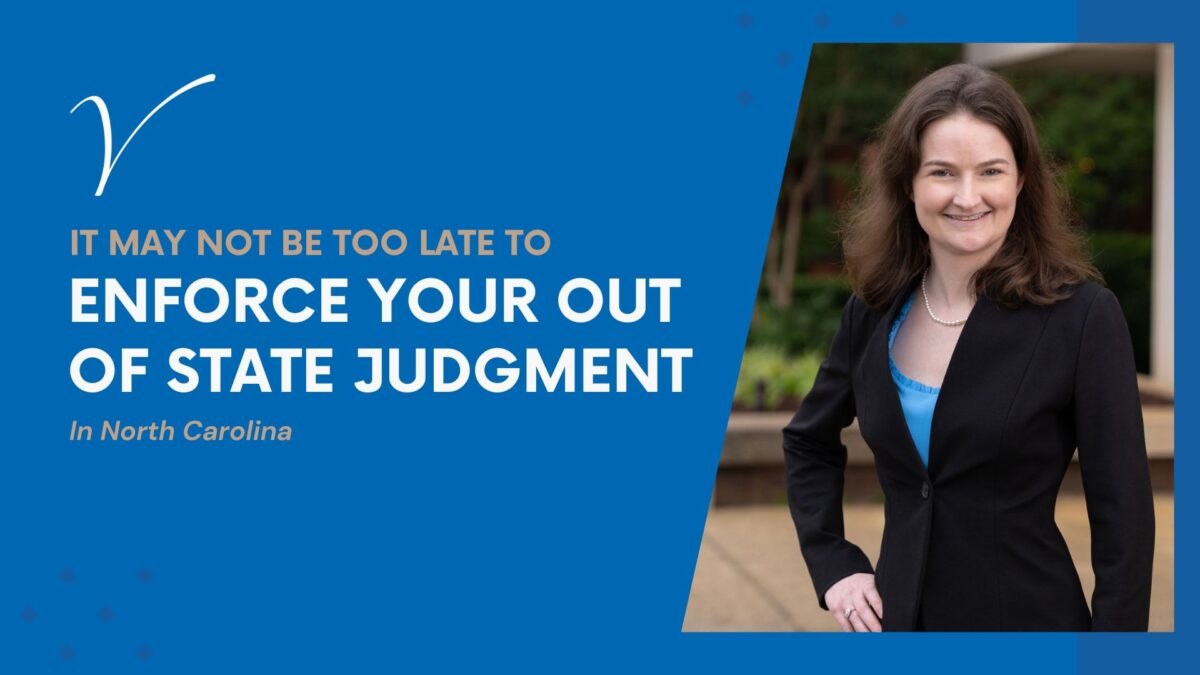Why It’s Crucial to Obey Civil Court Orders in North Carolina
Why It’s Crucial to Obey Civil Court Orders in North Carolina By Caitlin S. TrueloveAttorney at Law When a judge issues a civil court order in North Carolina, it’s not a suggestion — it’s a legal command. Whether the order relates to restraining orders, monetary judgments, or compliance with a contract, obeying civil court orders is critical. Ignoring them can …


